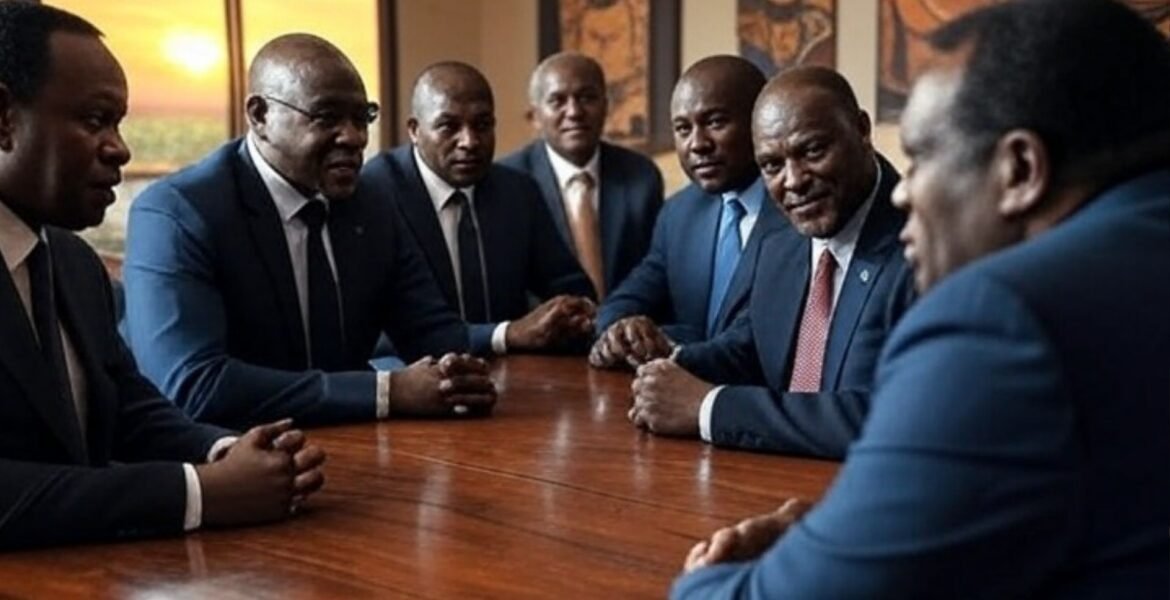ADDIS ABABA, ETHIOPIA — In a first-of-its-kind summit, the Continental Leadership Continuity Conference is underway in Addis Ababa. Africa’s longest-serving leaders have gathered to reveal their top secrets for staying in power, often for decades at a time, through tactics that ensure their grip on leadership remains unchallenged.
Keynote speakers include President Teodoro Obiang (Equatorial Guinea), President Paul Biya (Cameroon), President Yoweri Museveni (Uganda), President Isaias Afwerki (Eritrea), and President Faure Gnassingbé (Togo)—all of whom have ruled for multiple decades and are uniquely qualified to teach the dark arts of staying in power by mastering the craft of perpetual “re-election.”
“You just have to discourage the opposition by ending a few lives here and there,” advised President Obiang, who came to power via a military coup.
“There’s also the constitutional route,” President Biya added. “Just rewrite it until it’s illegal to replace you. The key is to snuff out opposition before it even forms.”
During a panel session, a CNN reporter asked President Museveni whether he planned to leave office anytime soon.
“I’ve thought of retiring,” he said, “but I’ve found no one worthy except my son. He’s exceptional, really. He learned everything from me, and he’s ready to inherit the country’s future, ensuring my legacy of staying in power continues.”
President Isaias Afwerki of Eritrea offered a different perspective:
“I’ve sacrificed too much to step down now. Yes, I’ve gained a few properties and assets through governance, but the country needs me. This isn’t about me; it’s about what’s good for the nation. And what’s good right now is me.”
Asked about alleged mismanagement during his long reign, President Gnassingbé responded: “You can’t deny the stability I’ve brought. I took over during difficult times and led us into—well, newer dark times, but with style. That’s leadership in staying in power.”
AU spokesperson Paul Kagame weighed in from the sidelines: “They’ve managed to snuff out the fire of democracy peacefully. These leaders are admirable—not for Rwanda, of course, but admirable.”

